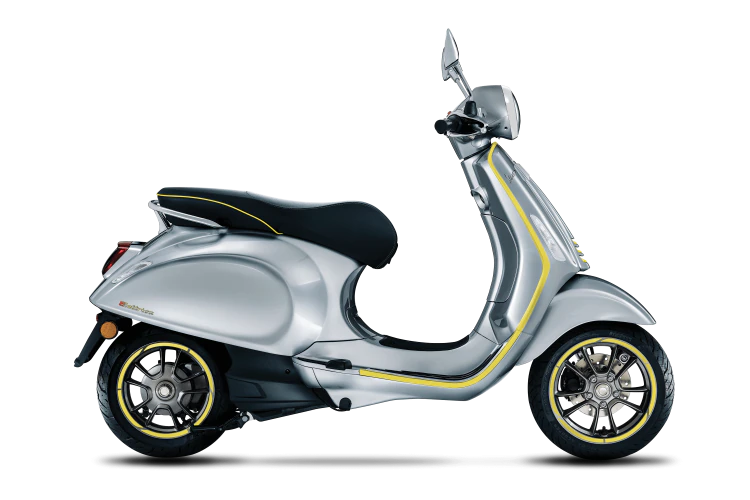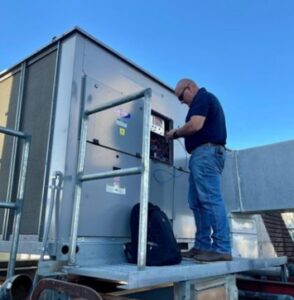Electric Vespa
For decades, Vespa has been an iconic brand of motor scooters that symbolizes Italian style and freedom on the open road. Now, the company is embracing the future with the release of its Electric Vespa, which promises to revolutionize urban commuting. In this article, we will explore the features, benefits, and drawbacks of Vespa.
Features of the Electric Vespa
The Vespa has several features that set it apart from traditional gas-powered scooters, including:
Electric Motor: The Vespa is powered by a brushless electric motor that produces up to 4 kW (5.4 hp) of power and 200 Nm of torque. The motor is quiet, efficient, and emission-free, making it ideal for urban environments.
Lithium-Ion Battery:
The Vespa is equipped with a lithium-ion battery that provides up to 62 miles (100 km) of range on a single charge. The battery can be recharged in 4 hours using a standard 220V outlet or in 2 hours using a fast charger.
Lightweight Design:
The Vespa weighs only 70 kg (154 lbs), making it easy to maneuver through traffic and park in tight spaces.
Digital Dashboard: The Vespa features a digital dashboard that displays speed, range, battery level, and other essential information.
Smart Connectivity:
The Vespa is equipped with a smartphone app that allows riders to monitor their scooter’s status, track their rides, and connect with other Vespa riders.
Benefits of the Electric Vespa
The Vespa offers several benefits to urban commuters, including:
Emission-Free:
The Vespa produces no emissions, making it an environmentally friendly option for urban commuting.
Cost-Effective:
The electric Vespa is cheaper to operate and maintain than a gas-powered scooter
with lower fuel costs and fewer maintenance requirements.
Quiet and Comfortable:
The Vespa’s quiet motor and lightweight design provide a comfortable and enjoyable riding experience.
Easy to Charge:
The electric Vespa’s lithium-ion battery can be charged at home or at a public charging station
making it convenient for daily use.
Stylish Design:
Vespa’s iconic design and Italian style make it a fashionable and trendy option for urban commuters.
Drawbacks of the Electric Vespa
While the electric Vespa has many benefits, it also has some drawbacks that may affect its appeal to certain riders, including:
Limited Range:
The Vespa’s range of 62 miles (100 km) on a single charge may not be sufficient for long-distance commuting or road trips.
High Cost:
The electric Vespa is more expensive than traditional gas-powered scooters
with a starting price of around $7,000.
Slow Charging:
The Vespa’s battery takes 4 hours to charge using a standard 220V outlet
which may not be convenient for riders who need to charge their scooter on the go.
Limited Availability:
The electric Vespa is currently only available in select markets
with limited availability in some countries.
Limited Top Speed:
The Vespa’s top speed of 30 mph (50 km/h) may not be sufficient for riders who need to travel at higher speeds on highways or freeways.
Conclusion
The Vespa represents a new era of urban commuting, combining the iconic style and freedom of a Vespa with the efficiency and sustainability of an electric motor.
While the Vespa has some drawbacks, its benefits make it an attractive option for urban commuters who are looking for a cost-effective. Environmentally friendly. And stylish mode of transportation.





More Stories
What Is Silver Bullion? How and Where to Buy Silver Bullion and Silver for Sale
수원출장마사지: 바쁜 일상 속 숨통을 틔워주는 힐링의 시간
Boost Your Brand Visibility with Professional Business Signs in Lancaster, PA